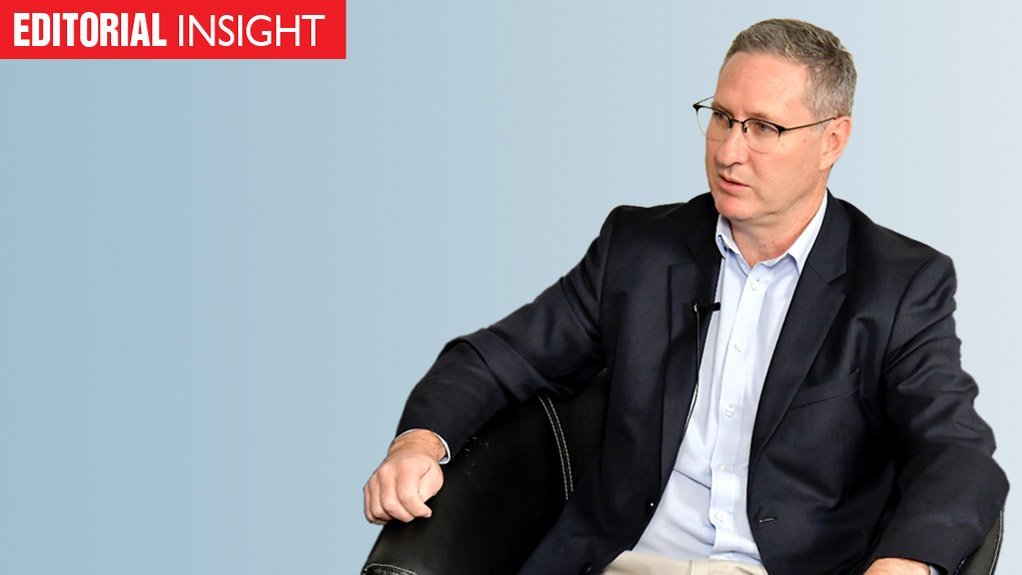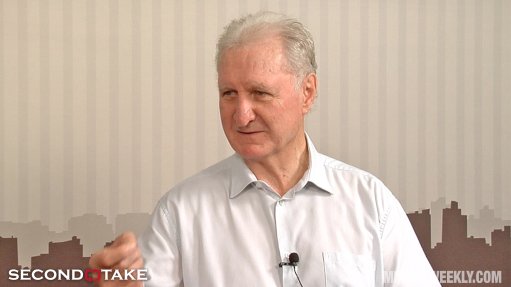Working during a pandemic
Flattening the curve, as Harvard Kennedy School’s Ricardo Hausmann pointed out in a recent presentation, means that there will be fewer cases of Covid-19 at any point in time. This prevents the healthcare system from being overwhelmed and creates time and space for the development of a treatment and/or vaccine. At the same time, however, it delays the peak of the crisis, which means that lockdowns, even ones as long as 21 days, will help delay the spread of the virus but will definitely not stop it. At some point, most of humanity is likely to be infected by Covid-19, unless, of course, a vaccine is developed at a pace, and can be produced at a scale, that is hitherto unprecedented.
The economic consequences of lockdowns are so dire, though, that most countries, including South Africa, will not be in a position to extend lockdown periods much beyond a few additional weeks. Therefore, we are going to have to start preparing for a resumption of business and educational activities in the full knowledge that the lockdown, while necessary, was insufficient to tackle the pandemic. In other words, policymakers have to start preparing protocols for working and learning in a context where the risk of a resurgence of infection rates remains a real and present danger.
Such protocols should focus on limiting human-to-human contact in a context where businesses, schools, universities and other nonessential services are reopened. This could include prohibitions on certain types of high-risk business activities, such as theatres, airlines, gyms and even those bars and restaurants that cannot cater for the physical distancing required. On the whole, however, the aim should be to ensure that business resumes, as the threat of mass insolvencies, mass lay-offs and massive social dislocation represents an existential risk that could be more harmful than the pandemic itself.
Government should, thus, be working on guidelines for factories, farms, mines, restaurants, general retailers and educational facilities that will help limit human-to-human contact without freezing operations entirely. For instance, perhaps school children could alternate their days of attendance and be given supplementary home programmes for those days they don’t attend school. Similar partial attendance practices could be deployed across factories, mines and farms, while those office workers who have been set up to work remotely could be asked to continue as they did during the lockdown.
High-risk groups, such as the elderly, may need to be asked to take special precautions and be persuaded to adopt physical distancing as their default way of living for a period. What that would mean is that the delivery of the older persons grant through the South African Social Security Agency would naturally have to be assessed.
Sadly, it is already clear, though, that the resumption, or partial resumption, of economic activity is not going to be sufficient on its own to prevent insolvencies and lay-offs. A comprehensive fiscal plan is also urgently required.
Article Enquiry
Email Article
Save Article
Feedback
To advertise email advertising@creamermedia.co.za or click here
Press Office
Announcements
What's On
Subscribe to improve your user experience...
Option 1 (equivalent of R125 a month):
Receive a weekly copy of Creamer Media's Engineering News & Mining Weekly magazine
(print copy for those in South Africa and e-magazine for those outside of South Africa)
Receive daily email newsletters
Access to full search results
Access archive of magazine back copies
Access to Projects in Progress
Access to ONE Research Report of your choice in PDF format
Option 2 (equivalent of R375 a month):
All benefits from Option 1
PLUS
Access to Creamer Media's Research Channel Africa for ALL Research Reports, in PDF format, on various industrial and mining sectors
including Electricity; Water; Energy Transition; Hydrogen; Roads, Rail and Ports; Coal; Gold; Platinum; Battery Metals; etc.
Already a subscriber?
Forgotten your password?
Receive weekly copy of Creamer Media's Engineering News & Mining Weekly magazine (print copy for those in South Africa and e-magazine for those outside of South Africa)
➕
Recieve daily email newsletters
➕
Access to full search results
➕
Access archive of magazine back copies
➕
Access to Projects in Progress
➕
Access to ONE Research Report of your choice in PDF format
RESEARCH CHANNEL AFRICA
R4500 (equivalent of R375 a month)
SUBSCRIBEAll benefits from Option 1
➕
Access to Creamer Media's Research Channel Africa for ALL Research Reports on various industrial and mining sectors, in PDF format, including on:
Electricity
➕
Water
➕
Energy Transition
➕
Hydrogen
➕
Roads, Rail and Ports
➕
Coal
➕
Gold
➕
Platinum
➕
Battery Metals
➕
etc.
Receive all benefits from Option 1 or Option 2 delivered to numerous people at your company
➕
Multiple User names and Passwords for simultaneous log-ins
➕
Intranet integration access to all in your organisation




















